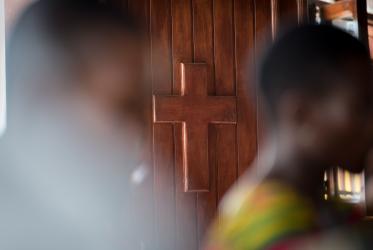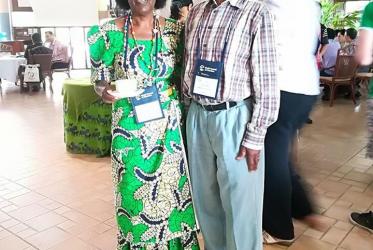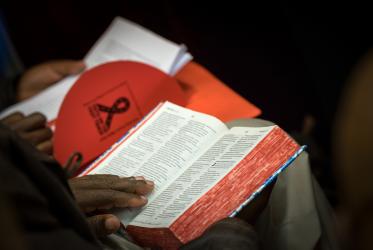Displaying 1 - 16 of 16
10 February 2022
In pictures: Week of Prayer for Christian Unity
01 February 2021
Young Africans are eager to grapple with challenges
09 January 2020
Kenya mourns the late Prof. Samuel John Mbiti
08 October 2019
New academic year underway at Ecumenical Institute, Bossey
18 September 2019
Diakonia: “a tool to reach abundance of life”
24 July 2018
Bible study gives hope as youth reflect on HIV
02 November 2016
Methodist Church in Kenya consecrates second woman bishop
05 February 2016
Common prayer in Geneva responds to acts of violence
16 November 2015







